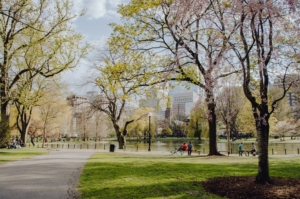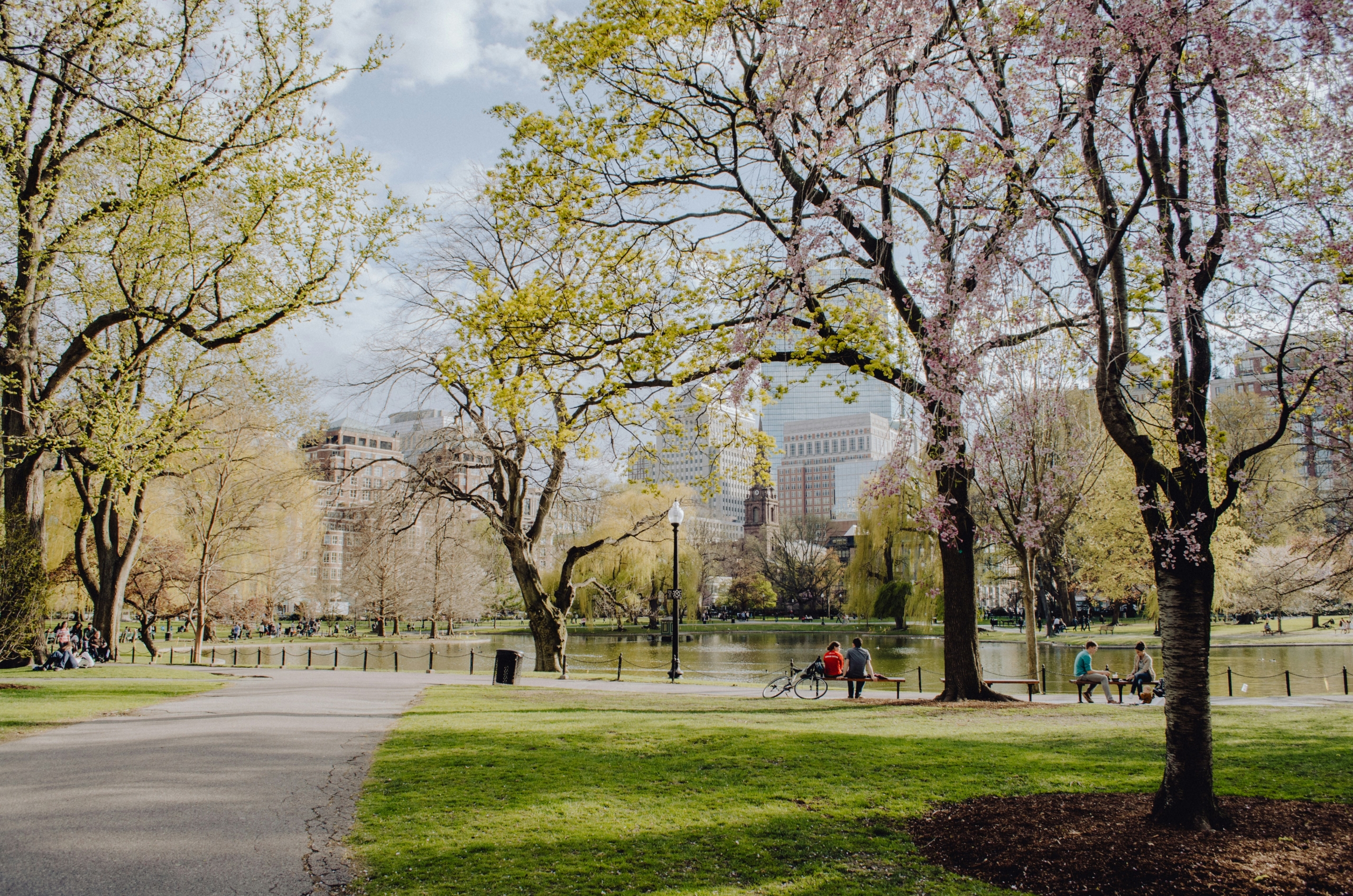The attraction to and interest in parks, community centers and sports-related recreational facility projects has escalated significantly over the past several years. Public officials, especially at the municipal levels of government, are increasing their investments in these types of initiatives while federal funding programs are currently providing attractive financial support. There are numerous reasons for the newfound interest that has led to an abundance of collaborative initiatives between public and private sector partners.
Sports and recreational facilities that attract visitors, team tournaments and tourists increase city tax revenues and ramp up economic vitality. New parks make the city more attractive to businesses that are considering relocations and garner favor from citizens, but new parks also serve environmental needs by enhancing stormwater management, increasing biodiversity and providing cleaner air. Community centers are usually designed to serve multiple purposes such as providing emergency shelters during extreme weather, hosting educational programs for children and adults, and they often generate revenue by serving as venues for large events.
The following examples are indicative of similar projects that are currently in the planning stages throughout the U.S.
The largest new parkland development in Los Angeles in more than a century will create the Taylor Yard River Park. The 100-acre park will be situated along the Los Angeles River. Approximately one million residents live within a mile of the river, and the new development will provide green spaces for recreation and community gatherings for the densely populated area. It will also include a pedestrian and wildlife bridge that connects the area to the Paso del Rio State Park.

Photo courtesy of Kelly Sikkema on Unsplash.
A 23-foot high and 120-foot-long bridge project will be included in the first phase of this large initiative that carries an estimated cost of approximately $30 million. In addition to the bridge, a welcome pavilion will be constructed to serve as a community hub, a kayak center will be built for river activities and an overlook area will be developed for scenic views. Initial construction is tentatively slated for 2025, and additional elements are anticipated for future phases of Taylor River Park.
City leaders in Durham, North Carolina will ask citizens to support a $43 million aquatic center in the upcoming November bond election. If the bond package passes, the new facility will be designed to include state-of-the-art amenities such as a zero-depth entry pool, a lazy river and multiple recreational swimming lanes. Both the aquatic center and all its swim features will be tailored to serve people of all ages and abilities.
Located in the East Durham neighborhood, the new facility will help to transform Merrick-Moore Park and contribute to the development of a modern recreational hub for the area. Plans for the park include various types of recreational amenities that will contribute to local economic development by attracting regional visitors and events. If the bond is supported, construction will likely begin in 2026 after the final design work is completed and the permitting work is finished.
The city of Greer, South Carolina may soon benefit from a large new sports and events center. City officials will oversee this $60 million construction project on three parcels of land recently acquired by the city. The location was selected because of its proximity to major transportation hubs, including an international airport, and several key roadways.
The new facility will replace an outdated building that is no longer equipped to meet community needs. It will offer athletic and non-athletic programming for people of all ages and abilities. The building will be designed to include eight basketball courts, 16 volleyball courts, community rooms, e-sports infrastructure and indoor batting cages. An abundance of outdoor space will be developed to feature open fields, green space and a baseball diamond. The objective of the effort is to create a state-of-the-art sports and event facility that will drive economic growth through sports tourism, a billion-dollar industry in South Carolina.
City leaders in Norfolk, Virginia have announced the design phase for a new combined recreation and library facility. The $69 million project will deliver a modern, state-of-the-art complex with a wide range of features to serve the community. The new facility’s planned 100,000 square feet in size will provide space for an indoor pool, a fully-equipped gym, locker rooms, versatile meeting spaces, a library and a variety of other recreational and educational amenities.
Other project components will include the construction of a multi-functional fitness center, development of outdoor recreational areas, parking areas and landscaping. Construction is planned for the summer of 2025. This timeline allows for detailed planning, phased construction and the implementation of high quality standards throughout the process.
City leaders in Fremont, California will oversee the construction of a new multi-use community center in Central Park. It will be located adjacent to Lake Elizabeth, and it will replace an outdated facility that currently serves as a hub for community engagement.
The initial phase of the $35 million construction project will deliver an 11,800-square-foot community center that will include spaces for fitness, arts, crafts and STEM learning. An outdoor living space will be designed for large social gatherings. Planned future expansions will include the construction of an event hall and a gymnasium that will be designed to enhance the center’s capacity to host large gatherings and recreational activities. Construction is currently planned for early 2026.
High Falls State Park in Rochester, New York will be redeveloped as part of a large initiative to revitalize the Genesee Riverfront and provide new recreational and economic opportunities in the downtown area. The project will be part of an initiative to transform the area around the 96-foot waterfall and deep gorge into a state park with attractions and capabilities that allow it to serve as a community hub for residents and visitors.
When complete, the park will feature pedestrian bridges, several trails and public access to the scenic Genesee Gorge. Green space will be preserved for public enjoyment and connectivity will be developed for easy access to the park from nearby roadways. By connecting neighborhoods and enhancing recreational opportunities, the project is projected to boost economic development by attracting visitors and events to the area. This initial project is a small part of a larger initiative. While it only carries a cost estimate of approximately $10 million, numerous other contracting opportunities will be available in the future. Construction will likely begin in 2026.
Two pieces of good news about these types of projects – there will be an abundance of them in 2025 and 2026 and the work will require the participation of all types of private sector firms.






